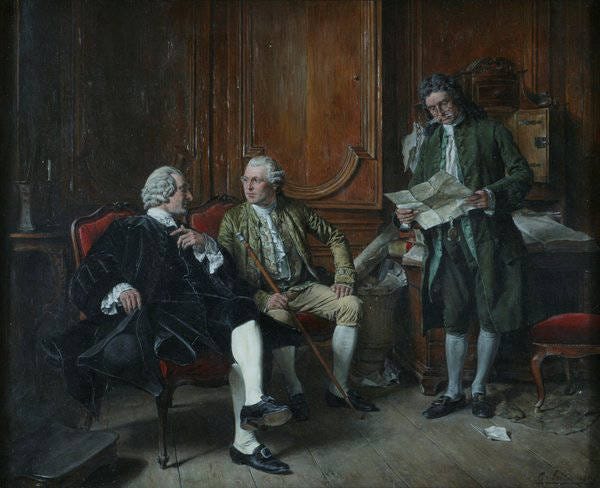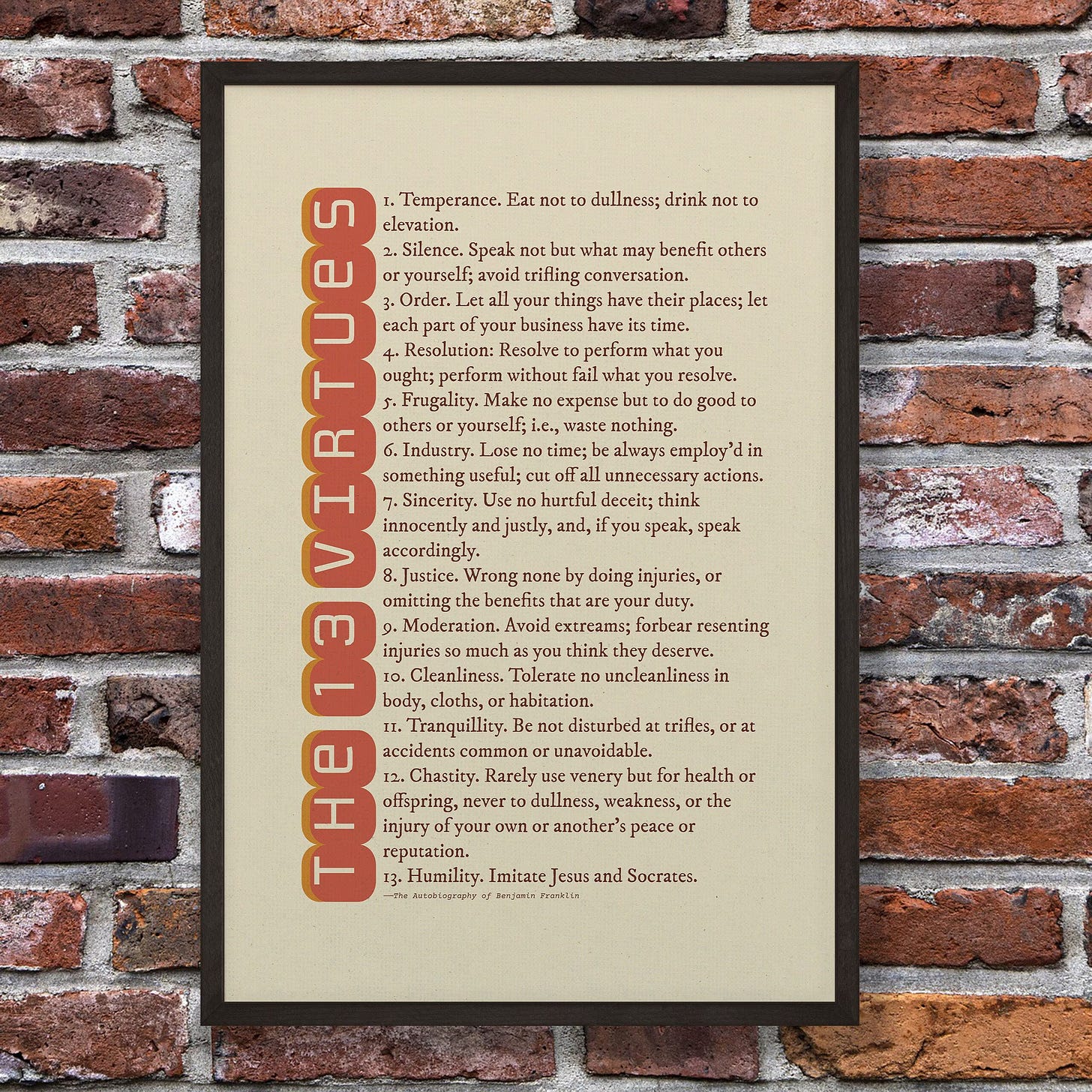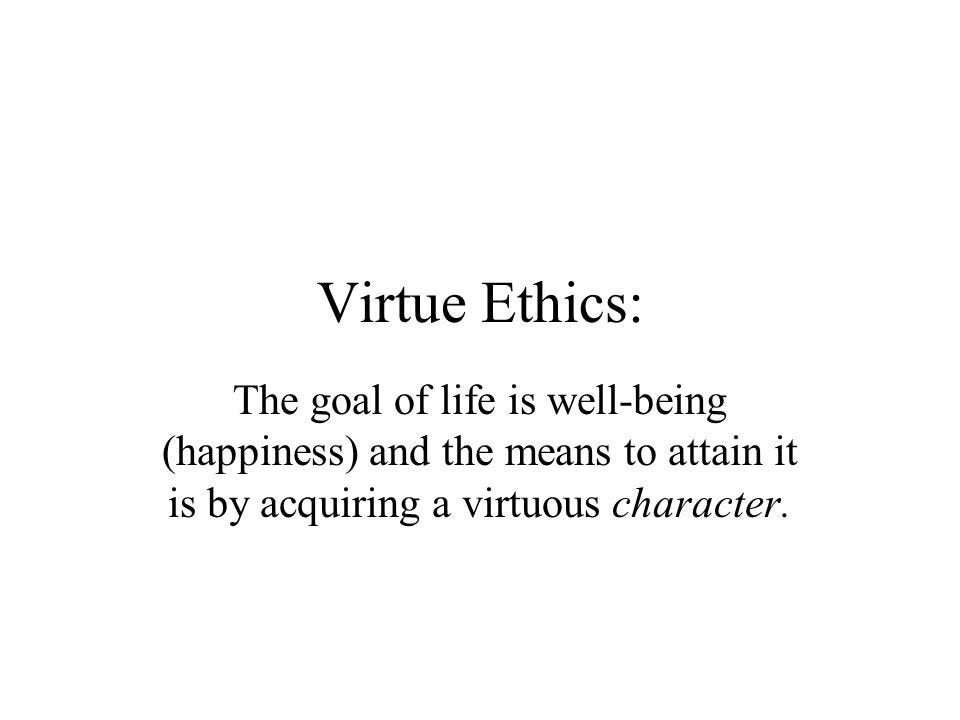
The concept of manliness and its perception in society has indeed evolved significantly over the past century. Let's explore this shift.
Early 20th Century
In the early 1900s, manliness was often viewed as a virtue to be cultivated and celebrated. Writers and thinkers of the time promoted the idea that developing masculine traits was essential for character building and moral growth.
Theodore Roosevelt, in his 1899 speech "The Strenuous Life," advocated for a vigorous, active lifestyle and the cultivation of traditionally masculine virtues like courage, self-reliance, and physical toughness.
The Boy Scouts movement, founded in 1908, aimed to instill traditional masculine values in young men, emphasizing outdoor skills, physical fitness, and moral character.
Author Jack London's novels, such as "The Call of the Wild" (1903) and "White Fang" (1906), often portrayed rugged, masculine heroes facing harsh natural environments.
Mid-20th Century Shift
The mid-20th century saw the beginnings of a shift in perceptions of manliness, influenced by factors such as changing social norms, the women's rights movement, and evolving views on gender roles. Mental health awareness encouraged emotional expressiveness in men. Additionally, changing family structures altered perceptions of male roles.
Contemporary View
In recent decades, traditional notions of manliness have been increasingly challenged and critiqued. The celebration of stereotypical masculine traits is often seen as problematic or outdated.
Gender studies scholars have critically examined traditional masculinity. For instance, R.W. Connell's concept of "hegemonic masculinity" (introduced in the 1980s) has been influential in analyzing how certain masculine ideals maintain social dominance.
The American Psychological Association released guidelines in 2018 suggesting that traditional masculine ideology can be harmful to mental health.
There's been a shift towards more diverse and nuanced portrayals of masculinity in popular culture, moving away from one-dimensional "macho" stereotypes.
Many companies have revised their marketing strategies to avoid promoting stereotypical masculine ideals, particularly in response to critiques of "toxic masculinity."
While overt praise of traditional manliness has become less common in many circles, there are still those who advocate for certain masculine virtues, albeit often in more nuanced ways.
13 Virtues
Ben Franklin's 13 virtues are a well-known set of personal guidelines he developed as a young man to cultivate moral character. They are:
1. Temperance: Moderation in eating and drinking
2. Silence: Speak only when necessary and beneficial
3. Order: Organize your life and possessions
4. Resolution: Follow through on your commitments
5. Frugality: Avoid waste and be economical
6. Industry: Work diligently and avoid idleness
7. Sincerity: Be honest and avoid deception
8. Justice: Treat others fairly
9. Moderation: Avoid extremes
10. Cleanliness: Keep yourself and your surroundings clean
11. Tranquility: Avoid overreacting to annoyances
12. Chastity: Practice sexual moderation
13. Humility: Be modest and emulate Jesus and Socrates
Franklin proposed a systematic approach to cultivating these virtues. His method involved focusing on one virtue each week, rotating through all 13 over a 13-week period, repeating this cycle four times annually. To monitor progress, he advised using a small notebook to record both achievements and setbacks in practicing each virtue.
Recognizing human imperfection, Franklin didn't aim for flawlessness but rather continuous self-betterment. He emphasized the value of daily introspection to pinpoint areas needing improvement. Franklin underscored that this process required sustained dedication, acknowledging that character development is a gradual journey.
This structured plan reflected Franklin's belief in methodical self-improvement and his understanding that personal growth is an ongoing, long-term endeavor. By breaking down the daunting task of character building into manageable weekly focuses, Franklin created a practical system for those aspiring to cultivate virtue in their lives.





